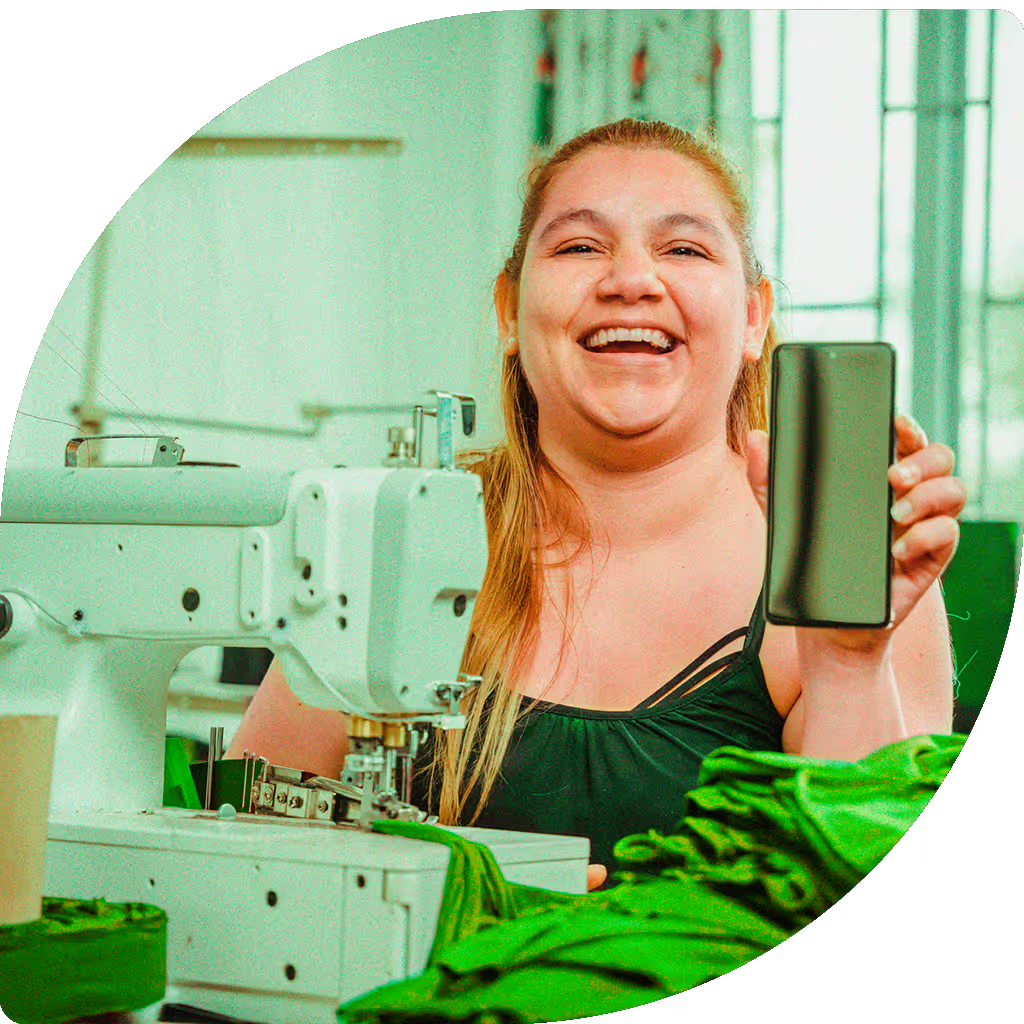Latest Articles
Scaling Impact in Emerging Markets: Doug Ricket, PayJoy CEO, on Productivity Finance and Unlocking Credit Access
PayJoy CEO Doug Rickett shares how his company is unlocking credit access in emerging markets — scaling impact with AI-driven underwriting, using phones as collateral, and balancing profitability with purpose. Listen now.
Podcast
September 10, 2025









